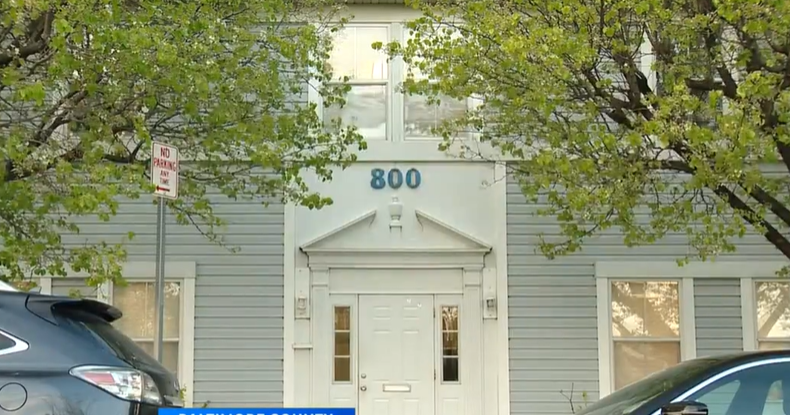BBB Advises College Students To Secure Their Identity
SOUTHFIELD (WWJ) - College students often feel they have enough to juggle when it comes to school, work and their social life. Protecting their identities and credit ratings often doesn't make the list of their priorities.
Because college students are so susceptible to identity theft, the Better Business Bureau (BBB) recommends that they take several simple steps to help protect themselves on campus.
According to the 2011 Identity Fraud Survey Report released by Javelin Strategy and Research, more than 8.1 million people became victims of identity theft in 2010.
For young adults, "friendly fraud" is on the rise. This is fraud perpetrated by people known to the victim, such as a relative or roommate. "Friendly Fraud" grew seven percent last year.
"Identity thieves don't care if you're a struggling student and don't have a penny to your name. Sometimes all they want is to exploit your clean credit record," Patrick Bennett, BBB Director of Community Relations, said in a release. "Young adults, who establish good habits for protecting their identities, as well as monitoring for fraud, are laying a foundation for a healthy financial road during the rest of their lives."
The BBB recommends the following tips for students to help fight identity theft on campus:
- Never loan your credit or debit card to anyone, even if they are a friend. Also, just say no if a friend wants you to co-sign a loan or finance agreement for items like TVs or computers.
- Don't share too much on social networks. People using social networking for five or more years are twice as likely to suffer identity fraud as those newer to these sites. Javelin research found that 36 percent of people aged 65+ do not use the privacy settings on their network, potentially exposing crucial information to fraudsters. The good news is 89 percent of 25-34 year olds were actively using the privacy settings on social network sites.
- Make sure your computer has up-to-date antivirus and spyware software. Be diligent with installing updates and patches to your computer's operating system or browser software, which help keep your computer safe from hacking attempts by online identity thieves.
- Important documents should be stored under lock and key. These include social security card, passport, and bank and credit card statements. Shred any paper documents that have sensitive financial information rather than simply tossing them in the garbage.
- Always check your credit or debit card statements closely for any suspicious activity. The sooner you identify any potential fraud, the less you'll suffer in the long run.
- School mailboxes are not always secure, and mailboxes in a dorm or apartment can often be easily accessed. To combat sticky fingers in the mailroom, have sensitive mail sent to a permanent address, such as the parents' home or a PO Box.
For more advice on fighting fraud and managing personal finances, visit www.bbb.org.







